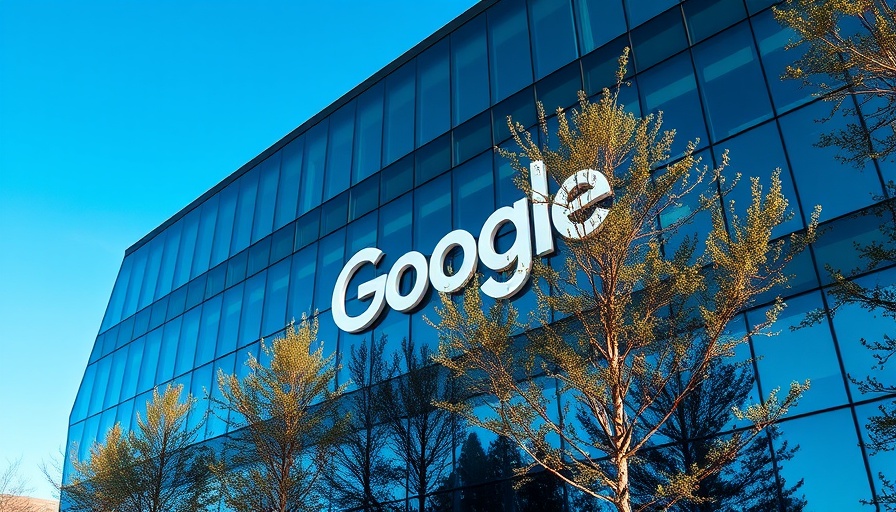
The Showdown: Tech Giants vs. Copyright Liability
In a striking move, tech giants Google, Amazon, and Microsoft have thrown their weight behind Cox Communications in a monumental Supreme Court case that could reshape the landscape of internet service provision in the U.S. This case revolves around a hefty $1 billion copyright ruling against Cox, which the Fourth Circuit Court of Appeals deemed liable for its subscribers’ piracy activities simply due to its knowledge of those actions.
Big Questions for Internet Providers
The implications of this ruling reach far beyond just Cox Communications. As the tech companies outline in their joint brief, established rules under the Digital Millennium Copyright Act (DMCA) could be rendered ineffective if the Fourth Circuit's verdict stands. Internet service providers (ISPs) could find themselves liable for virtually any negative behavior exhibited by users, a situation they argue would push ISPs into the role of internet watchdogs, monitoring each and every action taken by their users.
What’s at Stake?
The tech giants emphasize that the ruling threatens not just their businesses, but the very fabric of the internet economy as a whole. According to them, the Fourth Circuit's standards could make ISPs liable for offenses like harassment, bullying, and even illegal sales—all based on user actions that providers may not be able to control. Essentially, this could open floodgates for illegitimate lawsuits initiated against ISPs who fail to act on every single infringement notice, which could fundamentally change how internet services operate. If they have to closely monitor user behavior constantly, it poses serious privacy and accessibility concerns for everyday users.
A Unique Perspective on Copyright and Liability
The argument against the ruling points out a significant misconception: that awareness of infringement equates to liability. The brief states, "willfulness" should involve an understanding of actual unlawful conduct, not just a mere possibility of infringement. This perspective reflects broader trends in how copyright law interacts with new technologies and internet behaviors—striking a balance between protecting creators and allowing the free flow of information and services online.
What's Next for Homeowners and Internet Users?
For homeowners and renters evaluating high-speed internet options, the outcome of this case is more than a legal footnote. It could impact services provided by ISPs, with potential changes in the accessibility of various online resources and information. If ISPs adopt a precautionary approach in response to a more stringent liability framework, it could limit user access to certain types of content online or slow down the overall effectiveness of internet services.
The Bigger Picture: A Potentially Shifting Landscape
This debate highlights the ongoing tension between copyright protections and the rights of users to access information without undue interference from providers. If the Supreme Court rules in favor of Cox, it may bolster protections for ISPs and maintain the status quo, allowing users to interact online more freely. Conversely, a ruling against Cox could severely curtail the operating freedom of ISPs, ultimately changing how internet governance looks across the board.
This case represents a pivotal moment, not just for the tech giants involved, but for all users who rely on the internet for work, social connections, and entertainment. As these companies rally together with the government in support of Cox, it’s a stark reminder of the complex interplay between law, technology, and user rights in our increasingly connected world.
Conclusion: A Call to Stay Informed
As this landmark case unfolds, it's crucial for internet users to stay informed about its implications. Changes in legislation could directly impact how accessible and safe the internet will be, affecting everything from piracy accountability to user privacy. Make sure to engage with providers, participate in discussions about user rights, and understand how these legal debates shape your digital experience.
 Add Row
Add Row  Add
Add 




Write A Comment